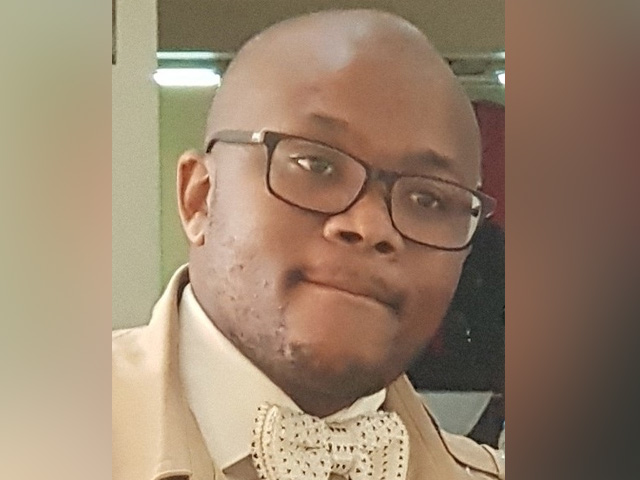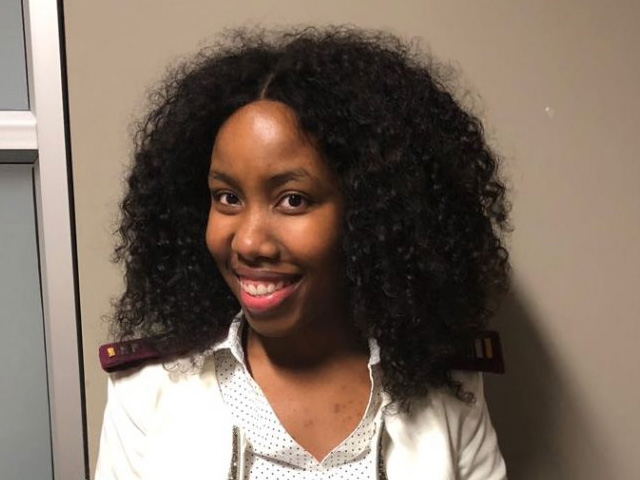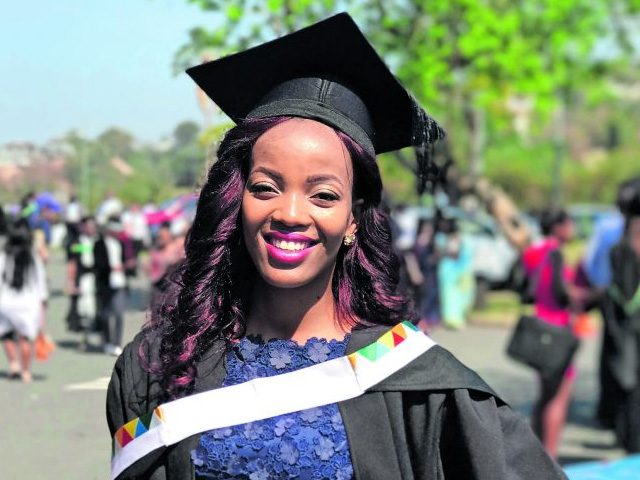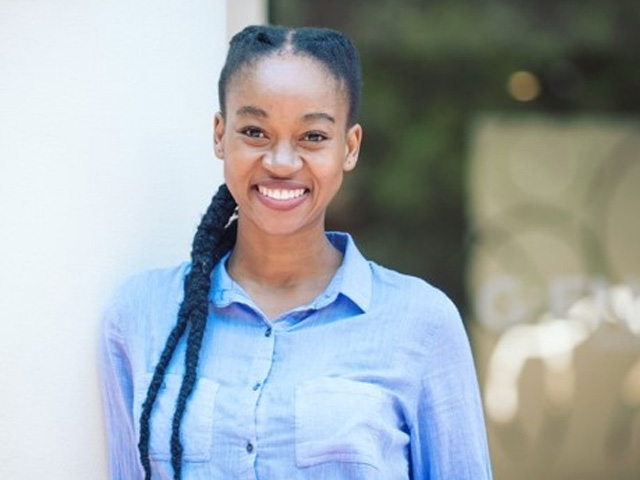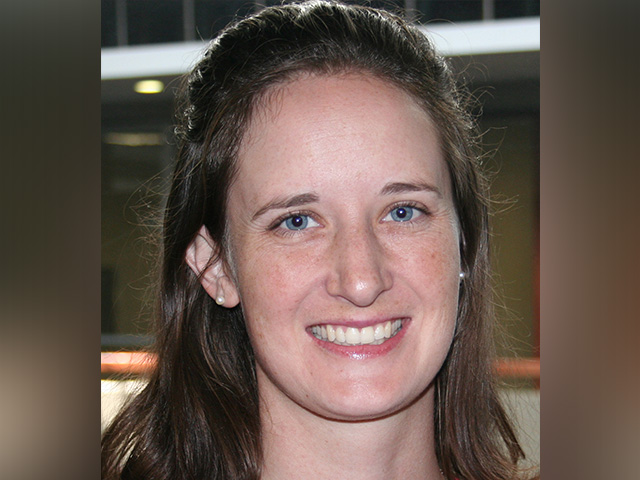Nikhat Hoosen already holds three degrees — a BSc in Biological Sciences, a BSc honours in Biological Sciences and an MSc in Molecular Biology and Systematics — all from the University of KwaZulu-Natal. She is currently completing a master’s in Public Health, specialising in Epidemiology and Biostatistics at the University of Cape Town, after which she aims to head straight into her PhD.
Hoosen draws much of her strength from her childhood, during which she was surrounded by the strength and resilience of two women, her mother and her aunt. “Every day I watched them face and handle life’s small and big hurdles by themselves and it taught me independence, self-sufficiency and that we are definitely not the weaker sex. Also that while we should take care to respect and treat others well, our validation does not come from others.”
Hoosen went on to become the first person in her family to attain a bachelor’s degree. She has worked at several leading South African research organisations including the Medical Research Council and the Centre for the AIDS Programme of Research in South Africa and is a researcher at the Centre for Infectious Disease and Epidemiology Research at UCT. She is passionate about researching the maternal health of pregnant and postpartum women. For her MA and her future PhD she is looking at postpartum service provision; its adequacies and gaps.
“The mother’s physical, emotional and mental needs at this time are critical but often get overlooked in the midst of the responsibilities of new parenthood,” she says. “I want to see if we can find out what works, what doesn’t and what can be improved for postpartum mothers.”
She loves every minute of what she does. “I truly, truly learn more every day,” she says. “Research is a mix of personal stories, hard science, medicine and that high school math everyone said I’d never use. You realise again and again patients have sometimes innovative ideas for their care based on their experiences — the key is that we need to listen to them — and then figure out how we can integrate what is needed and plausible into what exists to shape something better.” — Fatima Asmal



